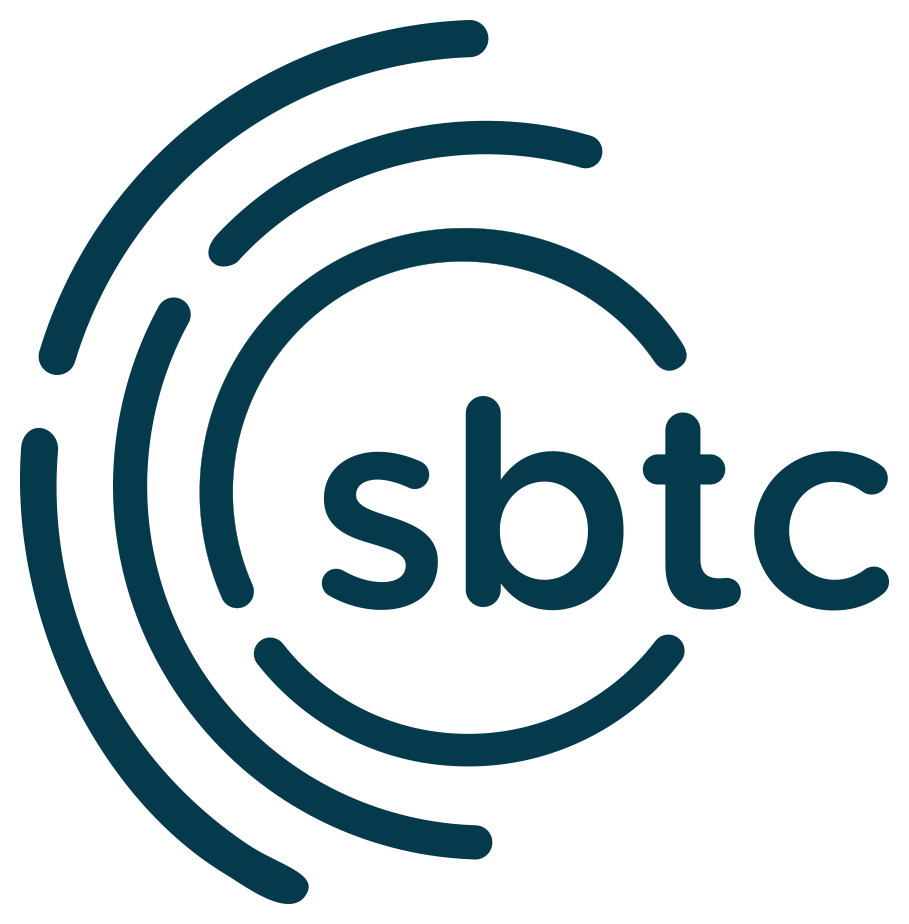It’s Sunday Morning. I am attending your church’s worship service. I have bowed my head and listened to prayers. I have stood up for the music portion and carefully followed along with the lyrics. You have come up to the front and directed me to open the Bible on the back of the seat in front of me. For the past thirty minutes or so, you have been sharing the meaning of a part of the Bible. It clicks. You don’t know me. You don’t know what I have been dealing with these past few weeks. Yet somehow it just clicks.
Your sermon is not a TED Talk. Instead, it is more like a LIFE Talk. I can’t explain it, but it is exactly what I needed to hear today. You have obviously done your research and helped me understand what this part of the Bible is teaching, not just how you feel about it, but the way that it would have been understood in the time it was written. Now you are helping me understand why it is important for me, today. It makes sense. I am in agreement.
That scenario is not too unlikely. In fact, it ought to be the desire and expectation of every pulpiteer that after the prayerful preparation of a biblically faithful sermon, the Word of God does that which it promises. It does not return void. It pierces the heart of men and women as the truth without any mixture of error.
But what is next? Here are a few pragmatic reminders when extending the invitation for people to respond to the dynamic message you will be sharing this coming Lord’s Day:
- Be Clear.
- “Churchy” words can be confusing. Avoid jargon that goes unexplained because it may leave a first-timer in the dark. You’ve walked with them through the text. Be faithful to walk with them in accepting it. Whatever method of invitation and response you will be using, be sure to explain it clearly.
- Don’t be manipulative. Manipulation, trickery, or the twisting of someone’s arm is not befitting a minister of the gospel. We deal in truth, not trickery.
- Extend a gospel invitation every time. Invite people to go public with their faith through believer’s baptism. Invite them to join your local fellowship through your membership process. Invite them to repent of unconfessed sin. Invite them to love their neighbor. Invite them to commit to missions, evangelism, holiness, or whatever the text is calling for. Just be clear that God’s Word isn’t just for information but for transformation. In other words, be clear that everyone should be responding to what God’s Word teaches.
- Be Prepared.
- Prepare for people to respond. Let this be an act of faith on your part and on the part of your team, not faith in your preaching, but rather in what you’re preaching. You may not be the most confident in your sermon, but you ought to be confident in the power of the Holy Spirit.
- Prepare the right method. You may ask people to come forward and join you at the front. You could also invite them to fill out a connection/decision card and turn it in at a welcome station or complete it online. Maybe you ask people to join you and the church staff or response counselors in a designated area after the service. No matter what method you use, be sure to include the opportunity for anyone worshipping online to make a decision or seek counseling as well.
- Prepare others to help. I invite to the front other staff members and volunteers who are prepared to listen, pray, and even take someone to a designated area when they need to be counseled longer. We have other men and women equipped to sit down and help people who come forward during the response time. All these volunteers need is for one of the ministers to make eye contact and wave them forward. As they join the minister and the individual who is responding, we introduce everyone as well as share what has been said. I always let the person coming forward know that the staff member or volunteer there with us is a trusted friend. After all, you want people to be as comfortable as possible if you need to hand them off to someone else. Make sure no one is alone and no one is matched up in a mixed group. I personally make it a habit immediately after the close of the response time to rejoin those being counseled. You can find various tracts and resources at the SBTC webstore (com). If no one is being counseled that day, I let everyone know that I will be off to the side of the lobby in case they need to talk. You may be surprised by how many people make a decision after the benediction when nearly everyone else is gone. Whatever your method, help everyone involved to be prepared.
- Be Expectant.
- Don’t rush. I’m not saying to hold the congregation hostage until everyone comes forward. But you should be praying, even as you are looking around and deciding when God wants you to close the invitation.
- Include everyone. I tell the staff and volunteers that if they want to respond during the invitation, go ahead. Whatever their instrument, role, or location, if they need to respond, they shouldn’t hesitate.
- Remember the results are in God’s hands. People may not come forward at every service—although that may be a good expectation. However, someone coming forward, in and of itself, is not your goal. Your goal is to be faithful in proclaiming the Word of God, inviting people to respond to what it teaches, and then walking with them in discipleship.








